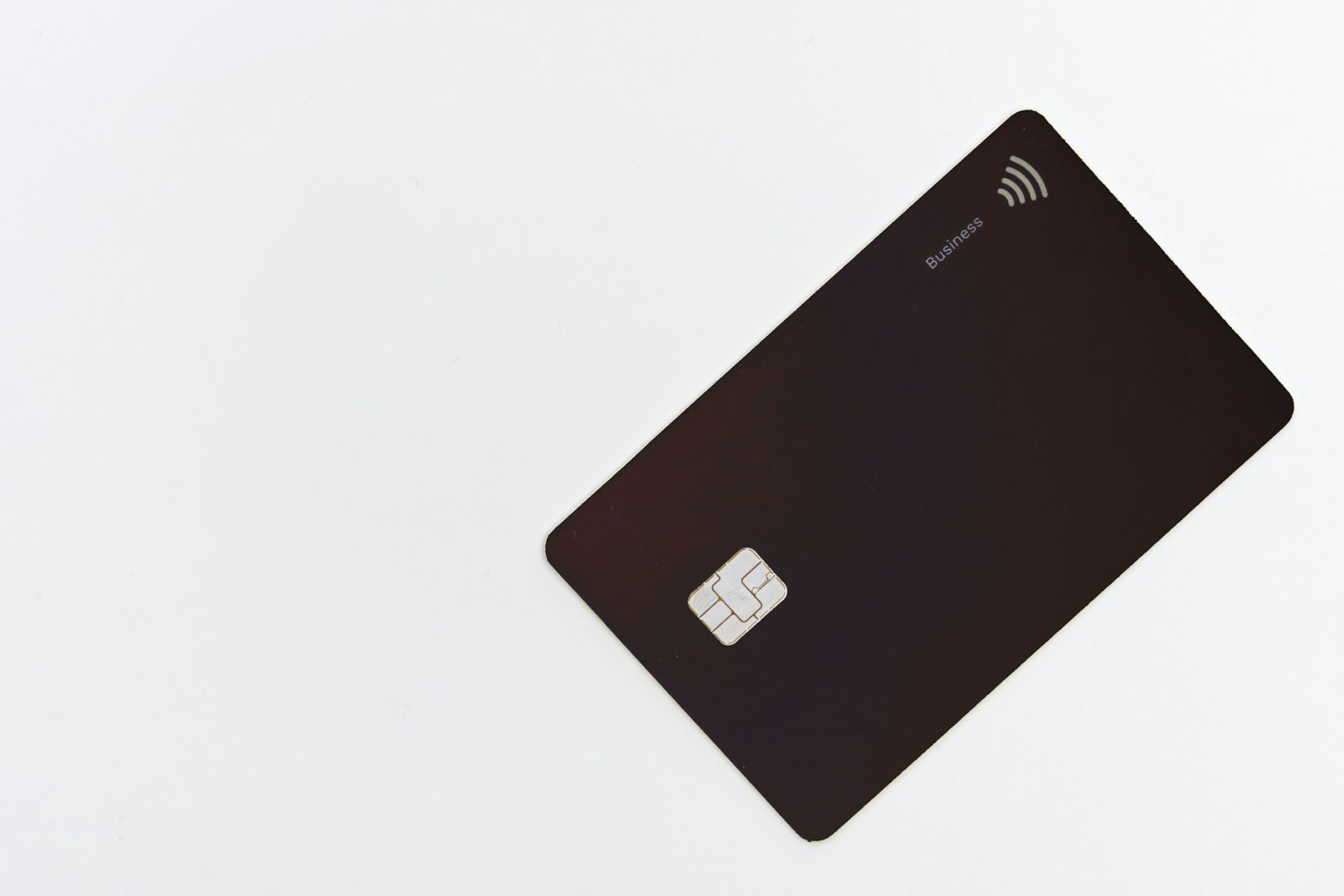
Off-plan properties
About us
Bank cards are widely used in Indonesia, but the system can differ from what many travelers or newcomers are accustomed to. Whether you’re an expat preparing for a long stay or a traveler visiting Bali and beyond, understanding how debit and credit cards work in Indonesia will make daily purchases easier – and help you avoid unpleasant surprises.
The Indonesian banking system offers several types of cards. Debit cards are the most popular, linked directly to individual accounts; they often feature Visa or Mastercard logos for use abroad. Alongside them are credit cards, issued by both local and international banks, which may come with reward programs and contactless payment options in larger cities.
Prepaid smart cards are another popular choice. These function as electronic wallets and are commonly used for transportation, toll roads, and small purchases. Well-known examples include BCA’s Flazz and Mandiri’s e-Money. More recently, banks and fintech companies have introduced virtual cards such as the Jenius e-Card, designed for secure online transactions.
Most Indonesian bank cards are chip-based and secured with a PIN. ATMs are easy to find in cities, shopping malls, and airports, and nearly all accept withdrawals with both local and foreign cards. However, cash is still essential in smaller towns and rural areas, where many merchants do not accept cards.
In restaurants, hotels, and modern retail outlets, card payments are straightforward. POS systems typically support Visa and Mastercard, with payments completed by entering a PIN. When using foreign cards in Indonesia, or when traveling abroad, choosing to pay in rupiah instead of your home currency helps avoid unfavorable exchange rates.
Indonesia has developed its own systems to strengthen and unify payments. The National Payment Gateway (GPN) ensures domestic debit cards can be used across all banks, while QRIS (QR Code Indonesian Standard) is being rolled out nationwide for mobile and contactless payments. Together, these initiatives reduce transaction costs and expand access to financial services.

Foreigners living in Indonesia can open local bank accounts, though requirements typically include a passport, residence permit, and proof of address. Some banks also ask for a minimum deposit. International cards are generally accepted in major tourist destinations, but fees can be high, so having a local debit card may be more cost-effective.
Despite strong card coverage in cities, cash remains important. Markets, street vendors, and remote areas often only accept cash. Safety is another consideration – withdrawing money from ATMs located inside banks or malls helps reduce the risk of card skimming.
If you're planning to stay in Bali for a long time, you should consider not only a credit card but also the possibility of buying a home. You can search a house in Bali for sale through DDA Real Estate, where we'll ensure a secure transaction.